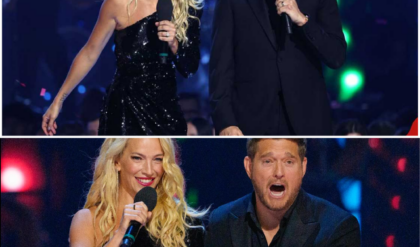
Attention streamers: if you’re in the mood for a thriller heavily intensified by sci-fi, one blending time, tragedy, and tech to significant effect–check out Vortex on Netflix. The compelling show takes current technological trends and runs with them (namely VR), setting a noticeable benchmark for narratives employing facets of the here and now to revamp sci-fi.
Virtual Reality Loses The Virtual

Shaped by co-creators Camille Couasse and Sarah Farkas, the series seeks to upend the very fabric of reality–not exactly a humble ambition. How? By launching viewers into a narrative revolving around a conceit blending philosophic questions about fate and free will with the fascinating, terrifying potential of VR.
Indeed, in Vortex, VR is more R than V, and glitches in the virtual simulacra amount to more than bugs but portals into the past spawning enormous consequences.
It’s a multi-timeline show in the vein of similar projects, also on the streaming giant, like Bodies and Dark, both critical darlings and, like the VR sci-fi thrill-fest in question, foreign productions.
Old Wounds Reopened

The tale starts in a darkened, intimate bedroom in 1998–only to leap rapidly to 2025. In this future age, the protagonist, police captain Ludovic Béguin (portrayed by Tomer Sisley), wrestles with grief, haunted by the tragic passing of his first wife, Mélanie.
But when a body is discovered, a corpse on the same beach where Mélanie died decades before, old wounds in Vortex reopen, propelling Ludo on a quest muddying the waters dividing past and present, real and unreal.
Undoubtedly, what makes the series a streaming contender is its employment of VR technology as a narrative device. In a novel twist, the captain discovers a time warp upon donning VR glasses to examine a reconstructed crime scene.
Ludo returns to the scene of his wife’s final moments–except, at least in this virtual world, and as long as Ludo can help her, she remains alive.
This VR glitch at the heart of Vortex’s plot facilitates the widower (at least in real life) to alter past events; of course, in a sci-fi trope bordering on the cliche, altering past events and provoking the wings of the butterfly effect shifters the present.





